Table of Contents
Line Agencies:
Line Agencies or Line Departments are those which are directly involved in carrying out the responsibilities and functions of public administration in society.
Meaning and Definition of Line Agencies:
Almost every citizen almost daily comes into contact with departments or agencies which are to effect a particular service for him. All such agencies as are concerned with the execution or fulfillment of the primary objectives and functions of the government and real directly with the people are called Line Agencies. These agencies provide service to the people, regulate their conduct and implement programmes as sanctioned or approached by the legislature.
Defining a Line Agency, L. D. White observes, “The Line Agencies are concerned with the provision of services for the people or regulating their conduct in a particular field.”
According to Dimock, M.E. and Dimock, G.O., “A Line Agency is the organization for execution.”
In other words, the Line Agencies are organized on the basis of major functions or purposes and are concerned with the rendering of services to the people or regulating their conduct in particular fields. In the governmental network of Line departments, from the top to the bottom, there is a single line of authority extending downwards.
Line Agencies can be divided into three types:
- The Departments.
- Government Corporations.
- Independent Regulatory Commissions.
Features of Line Agencies:
To understand fully the concept of Line Agencies, let us study their features:
(1) Each Line Agency carries out a major or primary objective of the organization- The Line Agencies are those administrative agencies that are established to carry out the major primary functions of the administration. For example, a university is established to impart education. Teaching departments working as a part of the University are the Line Agencies for imparting education to the students.
(2) Line Agencies have the authority to issue orders- A second fundamental feature of Line Agencies is that they have the power to issue orders and to make decisions. They direct as well as command. They have one chain of command, e.g., the police department right from the IGP at the top to a constable at the bottom is directly involved in the maintenance of law and order.
(3) Responsibility to Execute Policies- Line Agencies are always responsible for the execution of policies and other programmes sanctioned by the legislature. These are enforced and implemented by the executive authority. The whole policy execution is the responsibility of Line Agencies.
(4) Direct contact with the People- Line Agencies directly deal with the people and provide them specific services, e.g., the agriculture department renders services to the farmers. Policemen protect the citizens. The Health Department directly provides health care services to the people.
(5) Line Agencies are directly under the control of the Chief Executive- Line Agencies work directly under the Chief Executive. In fact, they are directly under the control and supervision of the Chief Executive. For all their activities, they are responsible to the Chief Executive and through it, to the legislature.
Thus, Line Agencies are those agencies of Public Administration that have the responsibility to implement the approved governmental policies and programs. They have direct dealing with the people and are responsible before the Chief Executive for all their activities. They constitute links in the single chain of command which flows from the top to the bottom.

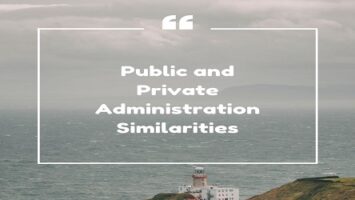
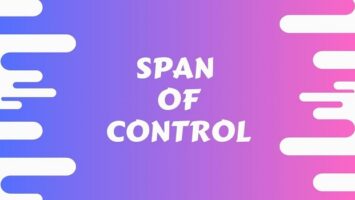
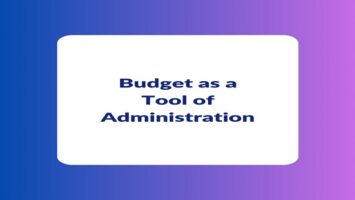

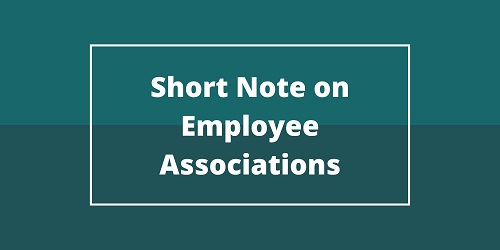
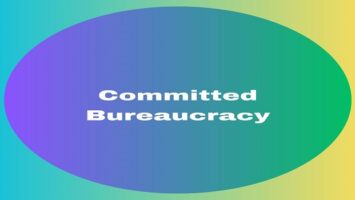
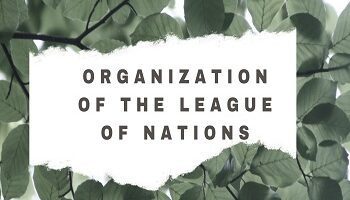
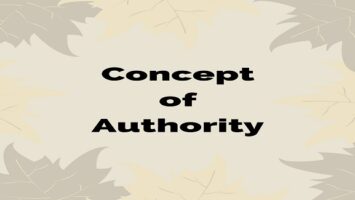
Comments (No)